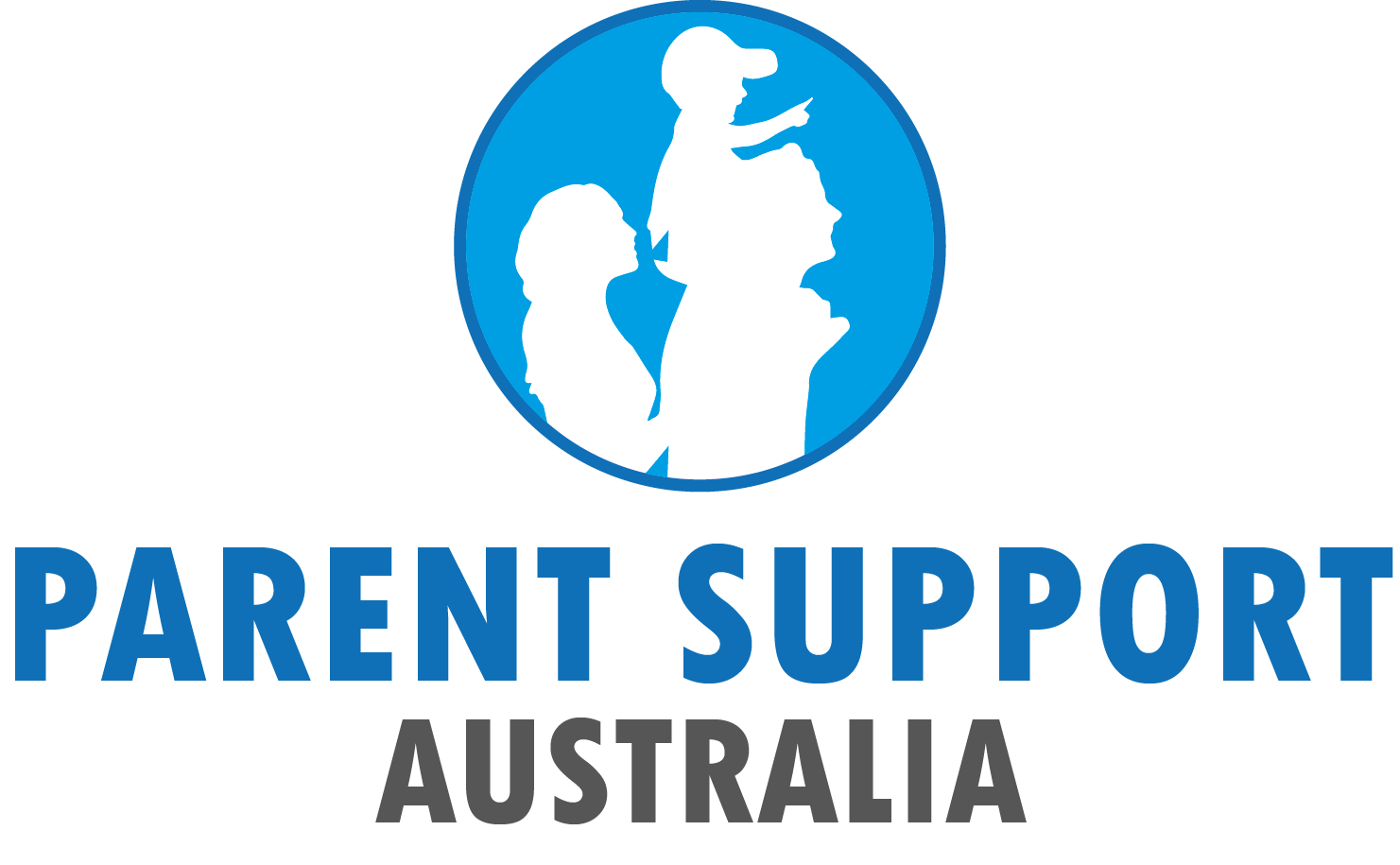Hello, great parents and carers! Let’s discuss the “Attachment Parenting Style” that is revolutionising our approach to raise our children. You’re in for a treat whether you’re brand-new to this idea or just wondering how it might make your children’s surroundings happier and healthier. Promoted by Dr. William Sears and his wife Martha Sears, attachment parenting is all about creating strong, safe ties with our children by sensitive and responsive treatment. See it as the basis for a lifetime of emotional stability and confidence.
Adopting the Attachment Parenting Style can feel like a breath of fresh air in the fast-paced world of today when separation and stress are all too typical. This method is about really understanding and reacting to your child’s emotional cues, thereby promoting a strong sense of security and love rather than only satisfying physical requirements. From co-sleeping and babywearing to protracted nursing and responsive parenting, the Attachment Parenting Style provides a range of techniques that might make all the difference. So, let’s explore the seven incredible advantages of this loving parenting approach and find out how it might produce content, healthy children. Trust me; the road is well worth it.
1. Encouraging Strong Attachments

First of all, let’s address safe attachment. Promoted by Dr. William Sears and his wife, Martha Sears, attachment parenting stresses the need to create a close, safe relationship between parent and child. Attachment theory, first created by John Bowlby and then broadened by Mary Ainsworth, holds that a secure attachment style is absolutely essential for normal emotional growth.
Your kid will have a safe basis from which to explore the world when you react sensitively and fast to their demands. Knowing they can rely on you, this physical proximity and responsiveness help your child build confidence and trust. This safe attachment then creates the basis for good partnerships all their lifetime.
2. Improving Emotional Stability
The way the attachment parenting approach improves emotional well-being is among its clear advantages. Your child will grow to have great self-worth and emotional resilience if you are attentive to their emotional needs and give continuous attention.
Children with secure relationships are found to be more suited to control their emotions and manage their stress. This is so because they have grown to know from early life that their emotions are legitimate and that they can turn to their main carers for solace and encouragement. Your child will profit from this gift of emotional security long into adulthood.
3. Enhancing Parent-Child Relations
The foundation of attachment parenting is building close, loving relationships between parents and children. By means of behaviours including babywearing, co-sleeping, and prolonged nursing, you can preserve physical intimacy and establish intimate relationship with your child.
Dr. Sears stresses that being a responsive, involved parent is vital. Spending quality time with your child and participating in their life helps you to create a relationship based on mutual respect and trust. Apart from a better, more harmonic family life, this close relationship gives your child a safe basis while they negotiate the demands of growing up.
4. Advocating for Positive Growth
Attachment parenting encourages in many different ways good growth. Practices like nursing physically give your child vital nutrients and strengthen her immune system. Emotionally, your youngster gains a good internal functioning model of relationships by means of your regular attention and care.
Children with stable bonds have demonstrated in studies to be more socially competent, do better academically, and have less behavioural difficulties. This is so they may concentrate on their development and learning since they feel comfortable and supported. Attachment parenting basically prepares the ground for a balanced, effective growth.
5. Promoting Independence
Against some popular belief, attachment parenting does not produce dependent, clinging offspring. As it happens, the reverse is true. You give your child the confidence to explore and be independent by offering a safe base and regular fulfilling of needs.
Children who know they can count on their parents for help feel more confident in exploring and attempting novel activities. This feeling of stability motivates individuals to grow personally and to become independent. Therefore, rest assured that attachment parenting really encourages good independence if you are concerned about having a “clingy” child.
6. Constructing Good Adult Relationships
Attachment parenting has advantages much beyond early years. Early life’s safe attachments provide a road map for later partnerships. Children who grow up with responsive parenting are more likely to have happy, fulfilling adult relationships.
Attachment theory holds that our early attachment types affect our friendships, romantic relationships, even our interactions with our own children. Encouragement of safe attachments helps your child to create the basis for loving, healthy connections all their lives. It’s like laying the seeds for a garden destined for years of bloom.
7. Parental Stress Reduction

Not least of all, let us consider the advantages for parents. Attachment parenting can boost your sense of fulfilment and help you to lower parent stress. You probably will have less behavioural problems and a more harmonic family life when you are sensitive to the demands of your child and respond accordingly.
Being a responsive parent also helps you to be more in awareness of your own wants and feelings. You grow to rely more on your gut feeling and bond closer to your child. A more content and fulfilling parenting experience can result from this positive feedback loop.
Accepting Attachment Parenting
Including the attachment parenting approach in your daily life need not be difficult. Here are some doable ideas to get you going:
- Respond sensitively and fast. See your child’s clues and react sympathetically and carefully to their needs.
- Through babywearing—keeping your infant close—you can improve bonding and offer a sense of security.
- If at all possible, nursing, along with several health advantages, strengthens the intimate mother-child attachment.
- Sharing a sleeping area can foster bonding and simplify midnight feedings, but be sure it’s done securely.
- Spend quality time with him. Participate in events that deepen your relationship and produce lifelong memories.
- Be mindful and present; concentrate on really connecting with your child right now.
One-size-fits-all solutions are not what attachment parenting offers. It’s about determining your family’s and your own best fit. The secret is to give responsiveness, empathy, and connection top priority during your parenting path.
Finally, the Gift of Connection
All things considered, attachment parenting provides parents with a lot of advantages as well as for their children. This method creates the foundation for a good, healthy existence by encouraging safe attachments, improving emotional well-being, and pushing good development. Building healthy, loving relationships that give your child a safe basis for growth is everything.
Therefore, think about adopting the ideas of attachment parenting whether you are a new parent trying to strengthen your relationship with your child or else. This road is one of love, trust, and mutual respect—a gift that never runs out.
I appreciate you coming along to investigate attachment parenting. I hope you will find it inspirational and perceptive. Here’s to robust, loving relationships and contented, healthy children!

Add a Comment